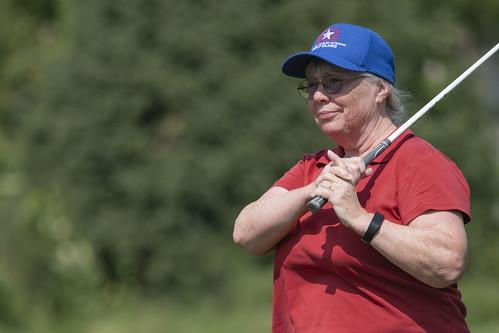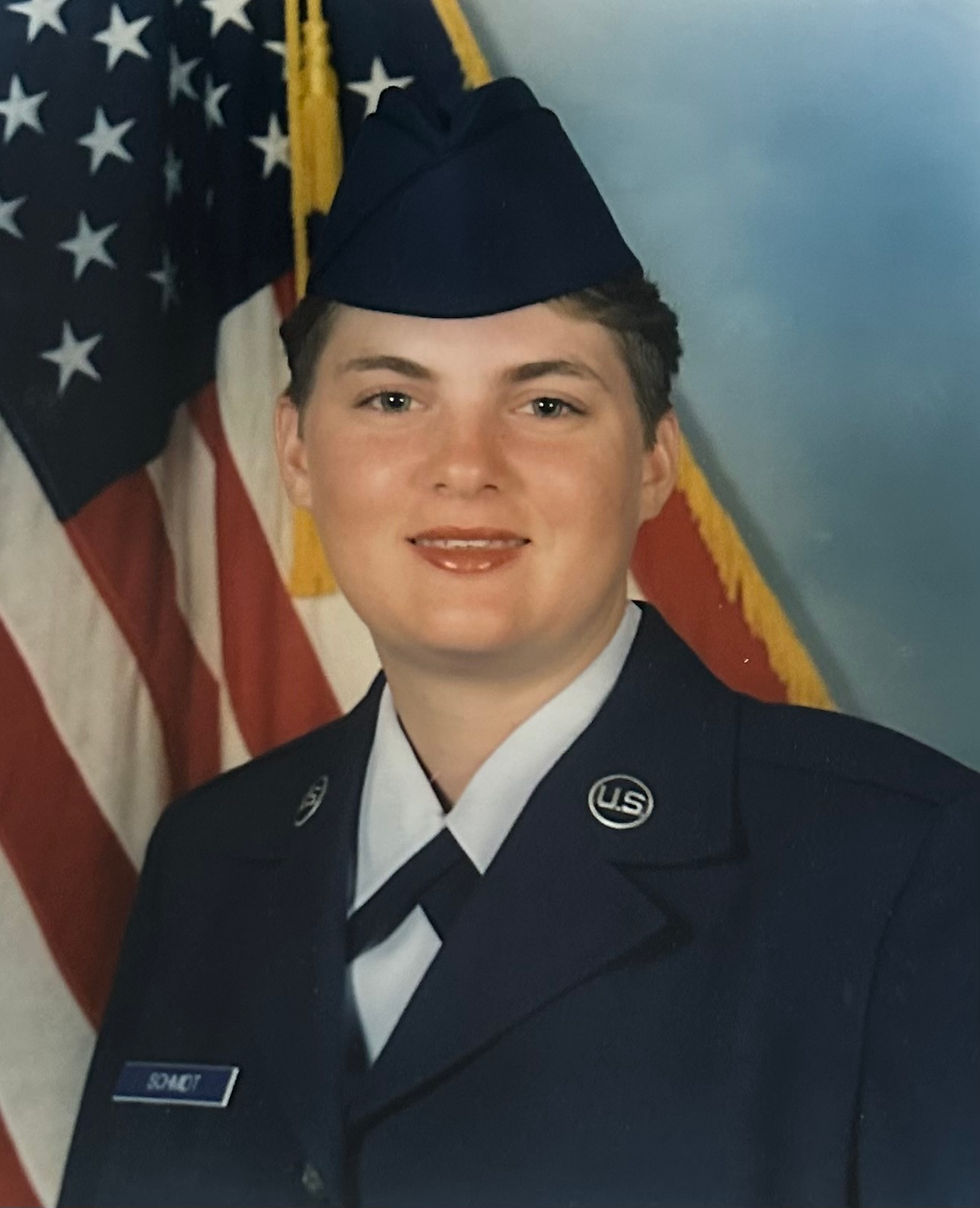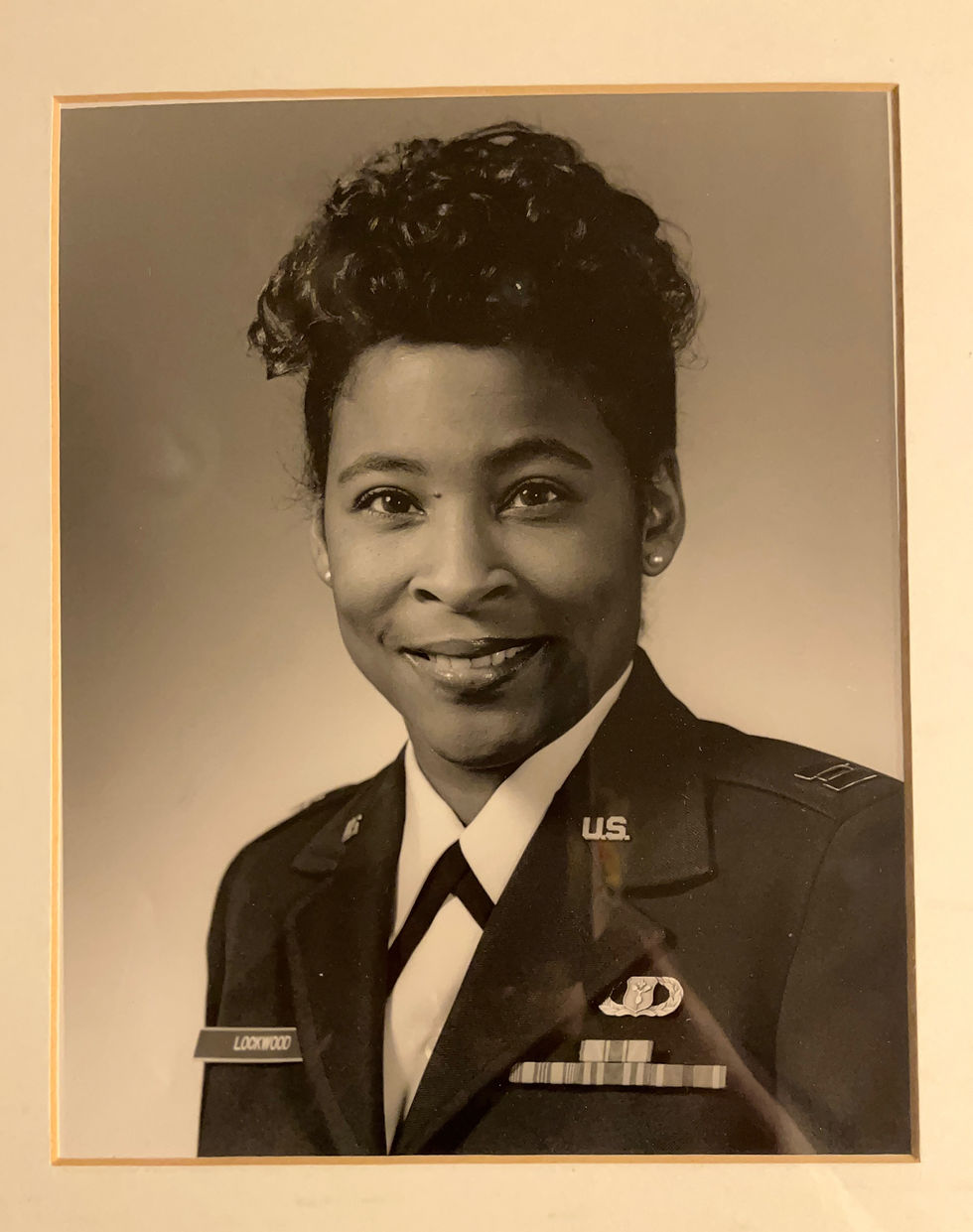Army Veteran finds confidence in adaptive sports after neck surgery
- davdigitalweb
- Sep 11, 2023
- 2 min read

In 2020, Army Veteran Anne-Marie Spearman underwent surgery to relieve the immense pressure put on her spinal cord as the result of an injury she sustained during her first deployment nearly three decades earlier.
She had been diagnosed with cervical myelopathy, which caused significant balance and mobility issues. Within two weeks of being diagnosed, she was sent into surgery.
Not one to be kept down for long, Spearman returned to adaptive skiing, like “a baby duck” learning to walk. She had new physical obstacles, but it was the apprehension she had to work hardest to overcome.
“It was more [about] learning that I wasn’t going to break,” she said. “So the first couple of times I went skiing, I fell, and I didn’t break. So that was reaffirming that the surgery worked.”
In 2022 and 2023, Spearman attended the National Disabled Veterans Winter Sports Clinic, co-presented by DAV (Disabled American Veterans) and the Department of Veterans Affairs. This week, she’s attending her first National Disabled Veterans Golf Clinic in Riverside, Iowa.
Spearman said she hopes to learn more techniques to accommodate for her neck injury and issues with her rotator cuff and to brush up on her skills.
“My wife and I try to go golf at least once a week on a par-3 course … but I’m still a par-5 player,” she said. “I’m hoping to improve my short game.”
For Spearman, adaptive sports also help her cope with the physical and mental challenges she faced during and after service. They also offer the camaraderie she missed from the Army. She met her wife on a hiking trip, her best female friend on a sailing trip and her best male friend at an art program.
“I would say for me, probably 50% of it is wanting to connect with other people,” she said.
That spirit of community was what Spearman loved most about the Army. She first served as a combat medic from 1984 to 1993. During a 15-year hiatus from military service, she became a physician assistant.
Then on Christmas Day 2006, one of her former patients who had become a dear friend died after hitting an improvised explosive device while deployed. That friend, Sgt. 1st Class Dexter Wheelous, inspired Spearman to re-enter service, commissioning as an officer in 2008. She went on to serve as a physician assistant in the Army until 2017, with a deployment to Iraq and one to Afghanistan.
“If I could teach one medic to save one person’s life, then my [time in service] … would be a good thing,” Spearman said.
After nearly two combined decades of military service and all the challenges and trauma those years brought—including a sexual assault during her last deployment—Spearman was medically discharged in 2017. Her transition to civilian life was difficult.
“My superhero costume that I wore every day was gone,” she said. “I just didn’t know who I was.”
Along with treatment, adaptive sports have helped Spearman find herself again.
“I think the biggest thing is that it improves your confidence. It gives you the opportunity to do things that you either used to do or thought you’d never do in a safe and controlled environment,” she said.
“And that will empower you.”





Comments